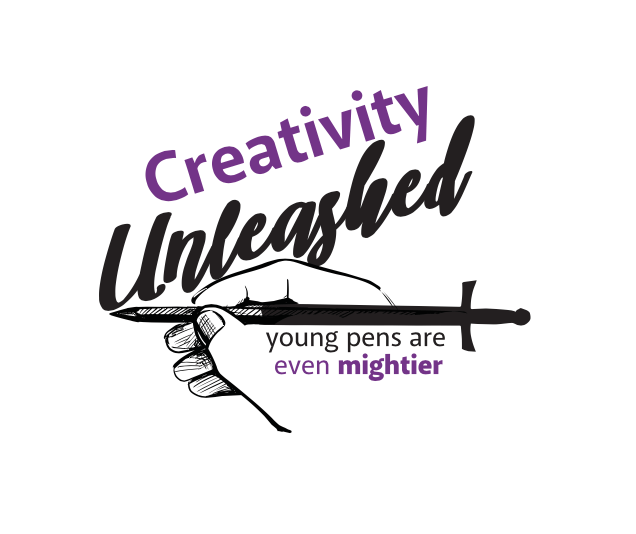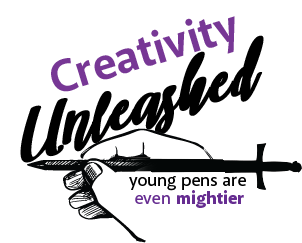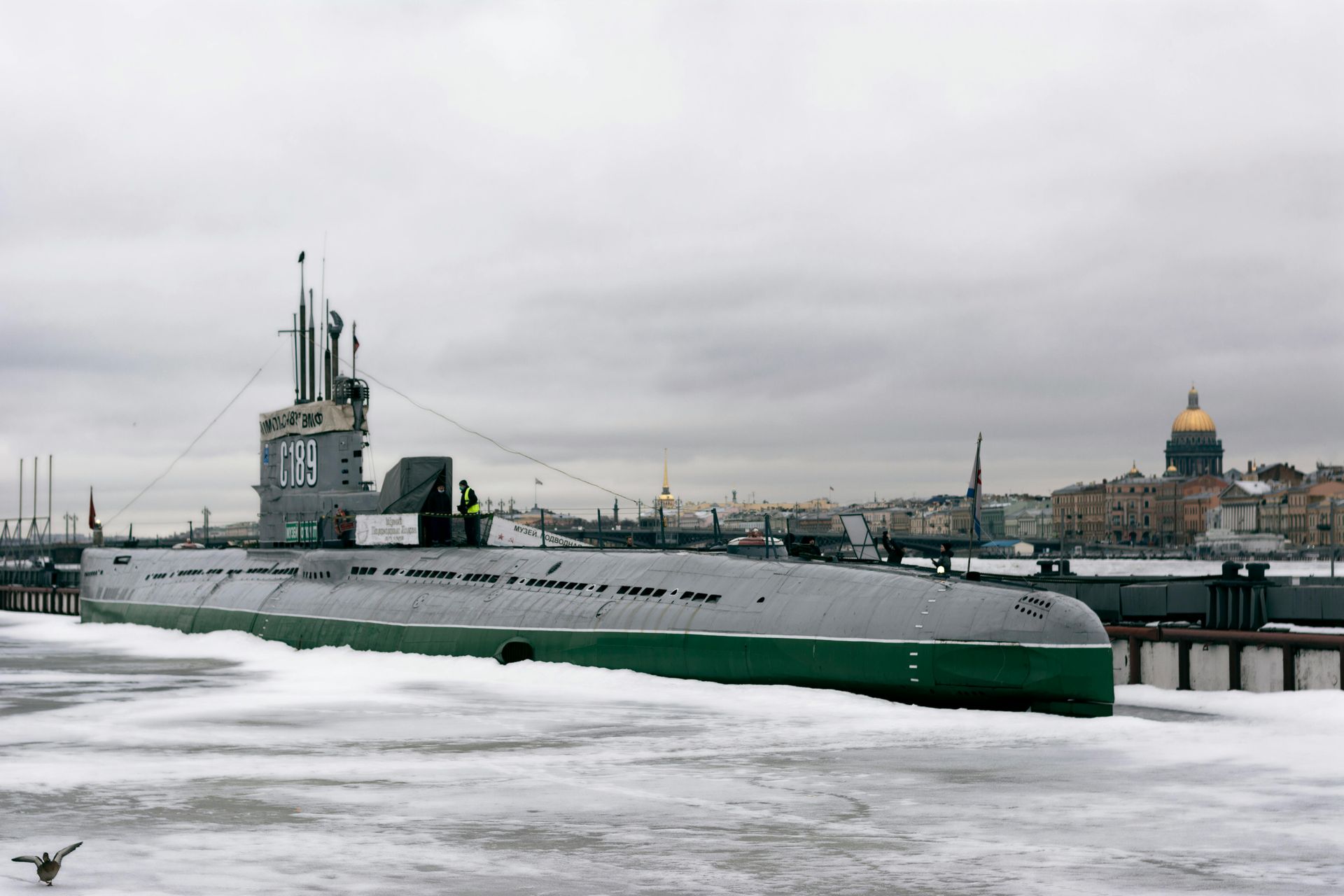All For Peace and Greater Stability
Written by Andy Kong Weiyan from Culver Academies - Culver, Indiana
President Stonebridge's Global Tour Secures $32.5 Billion in Military Aid for Allies Amid Rising Tensions
On October 21st 2054, our president Elliot Stonebridge visited important political, military, and economic allies to our nation. The issue on the table was a considerable increase in our military and financial support for ‘their security’. President Stonebridge, as always, accepted all requests. He visited a total of 7 nations, and gave them the support they needed.
The first nation he visited was Urkanistan. Two years ago, Sarvossia launched a barbaric invasion against Urkanistan, and our nation never hesitated to provide a significant amount of military aid for the valiant and faithful soldiers to rightfully defend their beautiful country. Some soft Pro-Sarvists in Urkanistan, after seeing too many casualties, wanted to trade their land for peace to stop the bleeding.
“Continuing the war would mean the death of all Urkanistanis!” they said. When these words and their anti-war sentiments spread recklessly across Urkanistan, the leader of Urkanistan, Vladimir Horsky met with Stonebridge, expressing his concern regarding the loss of confidence and determination in battle. He hoped the President could give some encouragement to his people.
“I treat Urkanistani people like my brothers. Their loss is my loss, their death is the death of my own citizens. The war shall continue! We will continue fighting! Even if this means we all die!” These powerful words surprised and encouraged Leader Horsky and every Urkanistani watching, arousing tears in the eyes of all.
The second nation visited along the tour was Istafa. The leaders of our nation and theirs visited the memorial of The Terrible War to mourn for the victims and the families that suffered.
A publicly televised ceremony was conducted, during which a solemn recitation was delivered of the last paragraph of the epitaph on the monument. They paid tribute to the innocent souls lost in order to remind viewers that their visit was in the promotion and interest of peace. It read: “10 million lives that experienced joy, sorrow, fear, and anger perished in pain. Let their death remind us, everyone should be valued and respected equally, and may such atrocities never happen to any race again.” After the ceremony, the President and Istafian Leader discussed matters of increased aid for a total invasion of a neighboring nation, Palerstan, as a retaliation for the slaughter and kidnappings of Istafian citizens committed by a terrorist group of that nation. This kidnapping was thought to be an aggressive tactic from Palerstani citizens resisting the rightful territorial expansion of Istafa across their land, stopping the spread of the Istafians’ way of life.
After some negotiations, the President promised military aid every month as follows: 200 new artillery units, 400 fifth generation tanks, 90 mobile radars, and 115 newly developed missile launchers. “With these weapons, only God could stop Istafa! Palerstan will be erased from Earth, and Istafa will again be at peace” the Istafian Leader stated confidently in an interview. Once again, our President led a great step forward in advocating world stability.
The third nation the President visited was Borland, which lies northwest of Urkanistan, 2000 kilometers away. Their leader, Victor Kartsonovich, expressed his concern that Sarvossia might invade his nation too. Despite the fact that the battlefield of Sarvossia and Urkanistan is two countries away from Borland, Kartsonovich stated: “the safety of Urkanistan is the safety of Borland. When Urkanistan is invaded, we will surely follow. We deserve funding as well!” Our generous President granted his request, and more than 5 billion dollars was aided for “the security of Borlish citizens.”
The other four nations, all members of the Military Alliance of We Want Military Aid, asked for further funding because of some “national security problems” that they haven’t managed to solve for decades. Being a model world leader, all of their requests were granted.
A total of 32.5 billion dollars of military and financial aid every month were promised to be given to these nations without any hesitation. With these supports given, our nation’s global standing is sure to strengthen, even if the domestic situation might seem less clear.
Reported by Sarah Stewart at Central Broadcasting of World Relations.
Broadcast: Interview with the National Minister of Finance by Old Boston Daily
Interviewer: Good evening Ladies and Gentlemen. I am Daniela Kingston, and tonight we host the annual Budget Explained to allow our citizens to have a better understanding of what the government’s plans are with the current budget. This year we are lucky to have a really special guest. Welcome Mr. Nathan T. Levin, the National Minister of Finance!
Mr. Levin: Good evening Ms. Kingston.
Ms. Kingston: Well, let’s get started. First question on the list, what are some big changes to the distribution of money to different sectors?
Mr. Levin: A great question to open up with. Well, as we all know, the President visited several of our allies this October. We highly value the lives and welfare of fellow democratic states, but their wars are harder and harder to continue. Because of this we decided to give them more weapons and money to fight with. We estimate that there will be a 30 percent increase in foreign aid, which will of course result in an increase in national security. The enemies of our allies are now becoming our enemies.
Ms. Kingston: How about other sectors? Citizens are hopeful that our government will improve their infrastructure, healthcare, education, transportation, etc.
Mr. Levin: Uhhh…ummm…When I look at these sectors, I often hesitate on what I should do with them. I need to pause and think if it’s worth giving them funding. Our government is fully committed to strengthening global peace and stability. To that end, we’ll redirect resources from infrastructure projects to support our allies in their ongoing defense efforts. We’ll be focusing on the long-term strategic benefits of these investments. As the government, we think that we’re not doing enough of what we’re supposed to do: to spread our democracy on every inch of Earth. Some of our aging systems will need to make do for now, but that’s a small price to pay for international stability. People have to realize, these are some trivial sacrifices to make! Just like a wise president once said, uhh… “ask not what your country can do for you, but ask what you can do for your country.” Now, your country asks you to make a little bit of sacrifice in your daily transportation, health care, and education, so we can better help defend democracy elsewhere.
Ms. Kingston: But Mr Levin, our citizens are already dissatisfied with the state of these three sectors. In fact, 70 car accidents happen everyday because of poor road conditions; people can’t go to the doctor when they’re sick because appointments themselves are too expensive (let alone the resultant medication, procedures, etc); and we have a below world-average literacy rate. How do you respond to the opinion that we are experiencing a crisis in our country?
Mr. Levin: Umm well, no matter what we do, there’s always going to be people who are not satisfied. So let them be unsatisfied. We’re the ones who had the most votes, so, to those people who're unsatisfied, too bad! It’s democracy. Vote against us next time. Honestly speaking, between sending top-notch military technology to our allies, crushing our enemies’ and flexing at the whole world versus renovating old roads and bridges for better transportation and making our citizens lives easier, healthier, and more educated, which makes you feel more proud of our nation?
Ms. Kingston: Hmmm… Now I see your point! Clearly the former!
Mr. Levin: You know, it might not be the budget’s problem at all. Are there too many car accidents? Drive more carefully then! Healthcare is too expensive? So take care of yourself and don’t get sick! Can’t afford a high level of education? How about trying harder and earning a scholarship! We’re committed to ensuring the security of our nation’s allies. The citizens of our country, who have always supported our global initiatives, will undoubtedly recognize the long-term benefits of this investment.
Ms. Kingston: Certainly.
Mr. Levin: We’re elected. We gotta do what our people like the most, and that’s to spread our democracy and to be a model world leader.
Ms. Kingston: Oh Mr. Levin, I am sure that this is what our people want to hear! But before we close out our interview, there is one last problem that has bothered our citizens for decades. More than half a million of people are homeless, and 11% of the population lives under the poverty line. Should we spend more money on social welfare and poverty alleviation?
Mr. Levin: Good question, but again, there are better ways to spend this money. Right now, helping the Urkanistanis and the Istafians is more important than helping lowly citizens who are incapable of helping themselves. And anyway, most people in social welfare programs can still eat, drink, and sleep under a roof. As for the homeless? We trust that the citizens, even those facing hardship, will understand that their sacrifice is part of a larger global mission for peace.
Ms. Kingston: OK Mr. Levin, thank you so much for clearing up all the doubts in our heads. Me, like many others, almost thought that the government was spending our taxes in the wrong place when I saw the amount of aid given in the President's October visit! What I thought to be a serious problem doesn’t seem to be a problem at all. After almost 350 years, our democracy is still on track!
Mr. Levin: Totally. Thank you for the excellent opportunity to let me show the transparency and benevolence of our administration.
Ms. Kingston: Well, it’s been a great time talking to you. And thank all of the audience that had been listening. See you all next year, when our nation leads the world to even greater
peace and stability!



